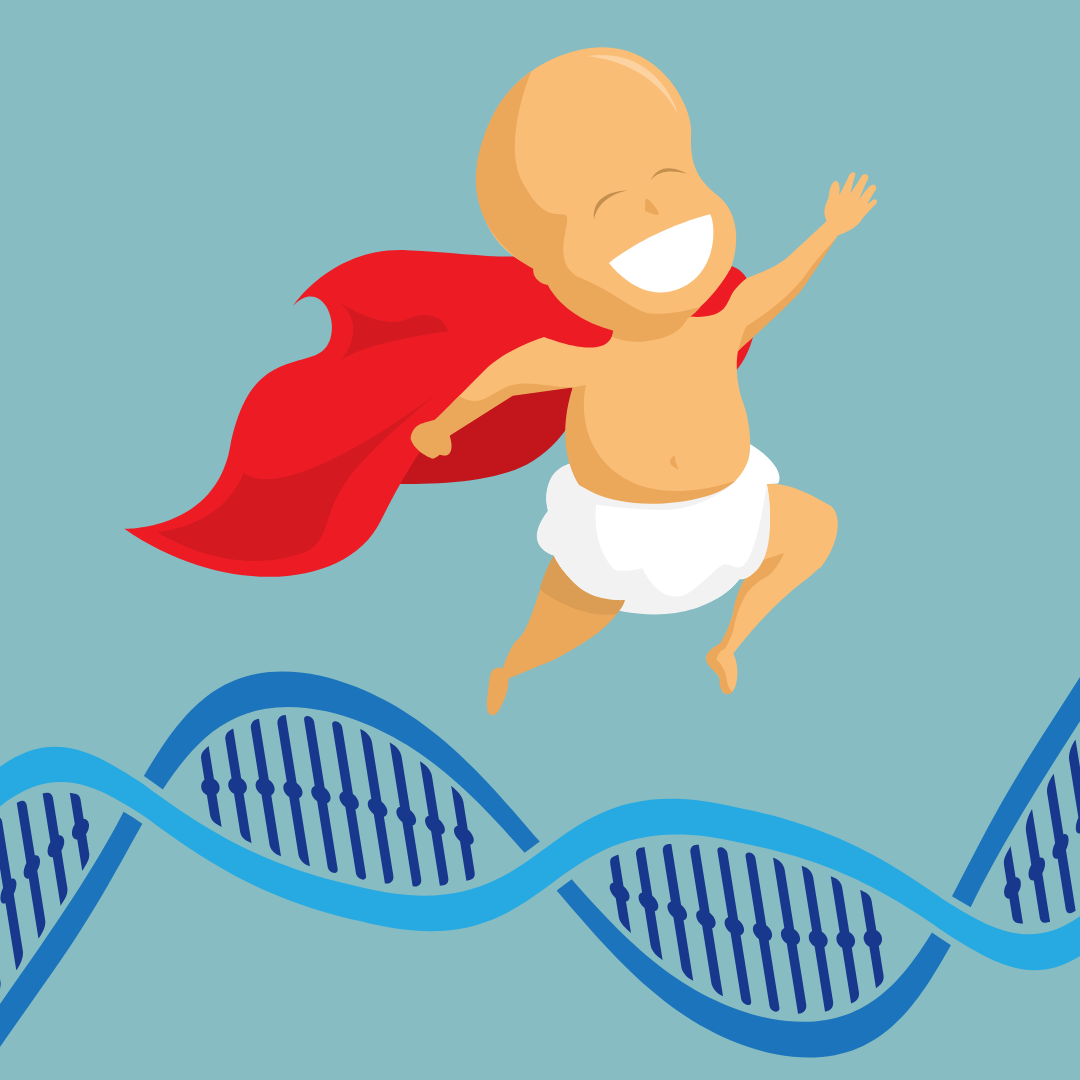Aggregated News

FOR YEARS NOW, aspiring parents have been designing their children. Screening embryos for disease-causing genes during IVF, selecting their future baby’s sex, picking egg and sperm donors to influence their child’s traits. Today, a lot of those “designer babies” are full-on kids or teenagers. And some families are discovering that, as hard as you try, things don’t always work out as planned: The kids feel like walking science experiments; the parents are disappointed in how their progeny turned out. Fertility businesses are selling a better chance of domestic bliss, and these families feel cheated. Now controversial new technologies promise parents even more control over their embryos. One US startup, called Orchid, claims its genetic screening can calculate a baby’s risk of autism, bipolar disorder, and hundreds of other health conditions. Another startup wants to help parents pick embryos with the highest predicted IQ. So WIRED spoke to a psychologist based on the West Coast who is already dealing with the fallout.
I WORKED AT an adolescent treatment center. I kept coming across teens who were in distress about the way they...



